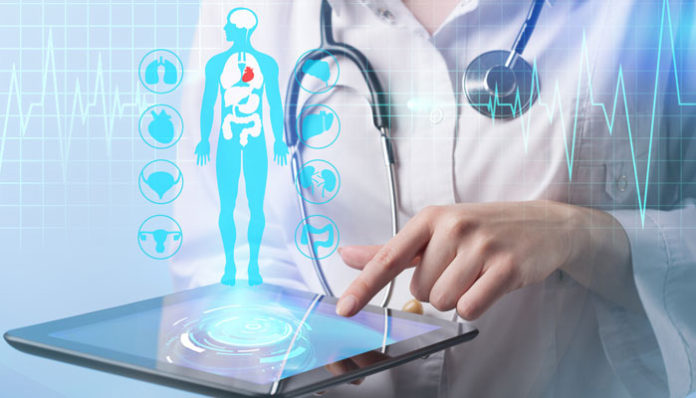
Insight by: Mamatha Shekar
Human longevity has increased in the last two hundred years. With industrialization, the standard of living has also improved. But how about quality of life? My observation is that my millennial children are encountering the health symptoms that I am facing in my fifties which are the same as the symptoms my parents are facing in their seventies and eighties. All three generations are experiencing the same or similar health related issues such as hair loss, gut and oral health problems and many others. On the positive side, with an increase in lifespan, grandparents are able to see their grandchildren and sometimes even their great grandchildren. This is partly or mostly due to the discovery of antibiotics which saved the lives of our parents and grandparents (but not our great grandparents) from infections.
In children, certain health conditions like allergies, obesity and eczema are more prevalent. The onset of health issues seems to be earlier which leads to hypothesize that it may be due to modern lifestyle. Even old age diseases are on the rise like hypertension, thyroid issues and diabetes which again points to change in lifestyle in the last 50 to 60 years. I wonder how much of this decline in health conditions can be attributed to mass production and urbanization of the second industrial revolution.
Sensor technology plays a critical role to preemptively understand and prevent the onset of health conditions. The advent and development of digital gadgets using sensor technology to track various health related parameters such as continuous monitoring of sugar, pulse, sleep pattern and many more allow to better comprehend the effect or impact of food, exercise and other modern lifestyle activities. I remember reading a blog where one wrote about the effect of drinking wine in the evening or night on their sleeping pattern. Sleeping pattern was measured at home using one of the sensor-based digital tools. The observed result was contrary to the general understanding. Not drinking wine in the evening or night helped that individual to sleep better and feel more rested.
Sensor based digital tools enable medical professionals to remotely monitor health parameters which further helps to address some of the health-related issues removing the inconvenience for patients to visit the clinic. These tools will help in detecting the changes in health even before one senses the symptom. Early diagnosis and hence timely treatment is the key to a successful clinical outcome. The sooner one embraces these digital gadgets, the sooner one will be able to understand the day to day modern lifestyle practices that impact one’s health. They can then make precise changes in their lifestyle rather than how it is done today by the trial and error method. Thus, digital gadgets will advance the practice of individualized treatment or precision medicine and may increase the lifespan further to the full potential of 120 years.




